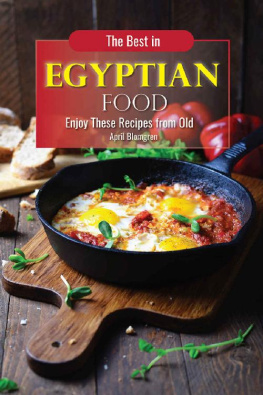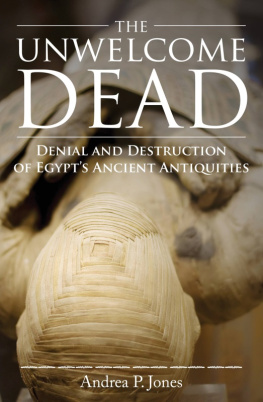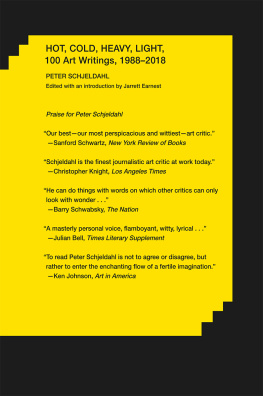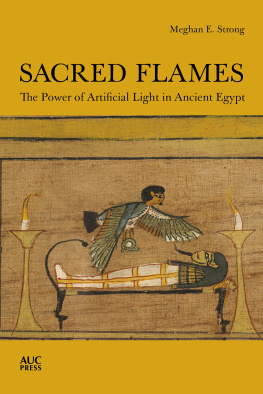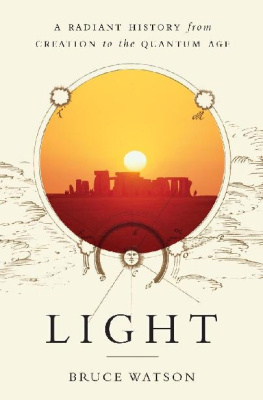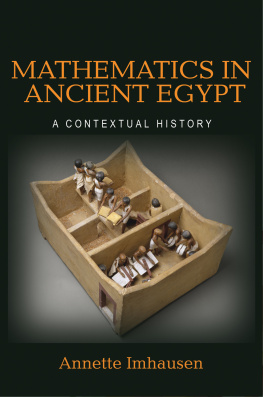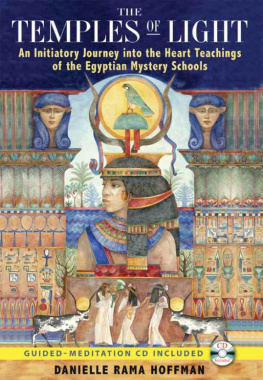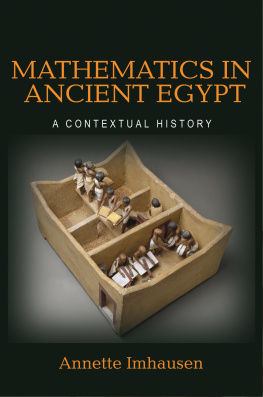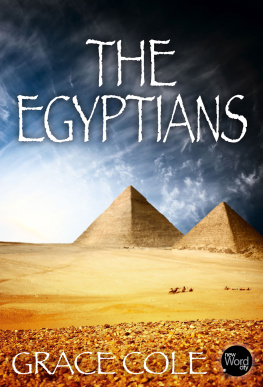Masr
An Egyptian Miscellany
Roger H. Guichard, Jr
Masr
An Egyptian Miscellany
Copyright 2015 Roger H. Guichard Jr. All rights reserved. Except for brief quotations in critical publications or reviews, no part of this book may be reproduced in any manner without prior written permission from the publisher. Write: Permissions. Wipf and Stock Publishers, W. th Ave., Suite , Eugene, OR 97401 .
Wipf & Stock
An Imprint of Wipf and Stock Publishers
W. th Ave., Suite
Eugene, OR 97401
www.wipfandstock.com
paperback ISBN : 978-1-4982-3107-7
hardcover ISBN : 978-1-4982-3109-1
ebook ISBN : 978-1-4982-3108-4
Manufactured in the U.S.A.
For Martha
Table of Contents
Preface
V isitors have often remarked on the celebrated light of Egypt. There is something about the soft diffusion of sunlight in the country that makes it visually special. Beginning in the early nineteenth century a combination of that light and the new, more sensitive technology of lithography conspired together to allow artists to capture with unprecedented fidelity the countrys monuments, Pharaonic as well as Islamic.
But there is another way in which the word light captures the reality of Egypt. In Arabic it is said that the blood of a people is either light or heavy: damuhum khafif or damuhum thaqil , an Arabic speaker will say. Where the blood of others in the region could be said to be heavy, that of the Egyptians is emphatically light and it always seems to have been that way. Here, the word serves as a proxy for cheerful or humorous or optimistic. They have even corrupted the classical Arabic of the comparison by pronouncing the word for heavy as tiil instead of thaqil , lightening the word by changing the weighty qaf of classical Arabic into the alif of the colloquial language. Egyptians will do things their own way and they always have.
This essential optimism has allowed them to avoid some of the darker chapters that have characterized the histories of other countries in the region. Egypt has had its share of traumas in recent years with episodes of revolution and violence, some of which are detailed in the pieces that follow. But even with the burning down of most of European Cairo by the mob in 1952 , the disastrous Six-day War in 1967 , the assassination of Sadat in 1981 , the riot of the conscripts in 1986 , massacre by Islamists in Luxor in , and the recent episodes of political and social upheaval, the essential buoyancy of the Egyptian people always seems to shine through. They have endured tough times before and will survive these latest traumas as well.
Some attribute this to Egypts cosmopolitanism and its transformation in the nineteenth and twentieth centuries by the relatively enlightened tyranny of Mohammed Ali, followed by the British and French condominium. Others see a more fundamental cause: a kind of hubris, born of Egypts long history and pride as a country fundamentally different from, and better than, other countries. This pride has somehow survived spasms of violence and upheaval, the population growth, economic collapse, and political uncertainty that today threaten to reduce most Egyptians to the status of little more than paupers in their own land. There is a timelessness about their response and a refusal to subscribe to the most extreme solutions to their conundrums that stands out.
In the book that follows I have tried to capture some of the fundamental Egyptian buoyancy and optimism. But I didnt have to try very hard. The attitude is infectious and anyone who has lived for any length of time in the country is in danger of succumbing. The pieces, some long and some short, reflect a sometimes wry, occasionally humorous, but always affectionate view of an essentially unchanging Egypt. They were originally not written for publication, but simply to chronicle my own exposure to the country, warts and all. That exposure was for a total of ten years in the last two decades of the twentieth century, working for American consulting firms on large telecommunications projects. That may seem a limited vantage point from which to view to the country. But the explosive diffusion of technologies that connect people has given even greater scope to the Egyptians natural garrulousness and loquacity. In the long run there may be hope in that.
Other assignments in the Middle East, Africa, and the Indian subcontinent tended to highlight, among other things, what made Egyptians different from everyone else. In some of the other places there was the possibility of actually accomplishing something that made the work there, perhaps, more rewarding. But they werent nearly as enjoyable. It was the irrepressible good humor of Egyptians that made it so.
Incidentally, the country is known locally as Masr , the word derived from the Arabic triliteral root meaning to build, settle, civilize. To most natives Egypt, probably derived from the word Copt in its earlier Christian phase, is not only unknown but unpronounceable.
Glossary of Arabic Terms
Ablaq Piebald; a style of building or decoration, consisting of horizontal bands of red stone alternating with white; sometimes painted
Aish Pocket bread, either baladi or shami
Al-Ahram Literally, The Pyramids; name of the flagship of Cairo daily newspapers
Amm Literally uncle; often applied to older, uneducated men
Arabiya A vehicle, in Egypt an automobile
Bahri Literally riverine; applied to one branch of the Mamluks
Bakshish A gratuity
Baladi Literally, country as in country bumpkin; a kind of coarse pocket bread
Bawwab A doorkeeper or guardian
Bedu A Bedouin
Beit A dwelling, describing a house, apartment, or tent
Birket A pond, of which there were once several in Cairo
Birseem Clover, a common fodder for animals in Egypt
Burgi Literally of the citadel; applied to a second branch of Mamluks
Eid al-Adha The Greater Bairam, a feast celebrated during the Hajj
Eid al-Fitr The Lesser Bairam, a feast celebrated at the end of Ramadan
Fellah(een) Farmer or peasant, specifically from the Delta
Fellaha A female fellah
Fool medammes Broad beans, the staple diet of Egypt
Forn An oven
Gallabiya An ample gown, often wide-sleeved, worn by f ellaheen and saidis
Goha A simple-minded peasant, but dumb like a fox
Hara (Haret) A neighborhood or quarter in Fatimid Cairo
Hijab The veil covering the head and neck, not the full face-veil; common in Egypt
Iftar Breakfast, often referring to the meal breaking the fast
Ikhwan Literally brothers; often referring to the Muslim Brotherhood
Istiraha A rest house or inn
Jebel A mountain
Karkaday A refreshing drink made from hibiscus and sold on the streets in Egypt
Khalig The canal from the Nile that once formed the western boundary of Fatimid Cairo
Khamsin Literally fifty; refers to wind that blows from the Western Desert in the spring in Egypt
Khatkhuda An Ottoman military title, often assumed by Mamluks; occasionally appears in vulgar form of kikhya
Khawaga A schoolmaster or pedant; a term often applied to foreigners
Kufiya A kerchief worn by peasants, often checked black or red and white


